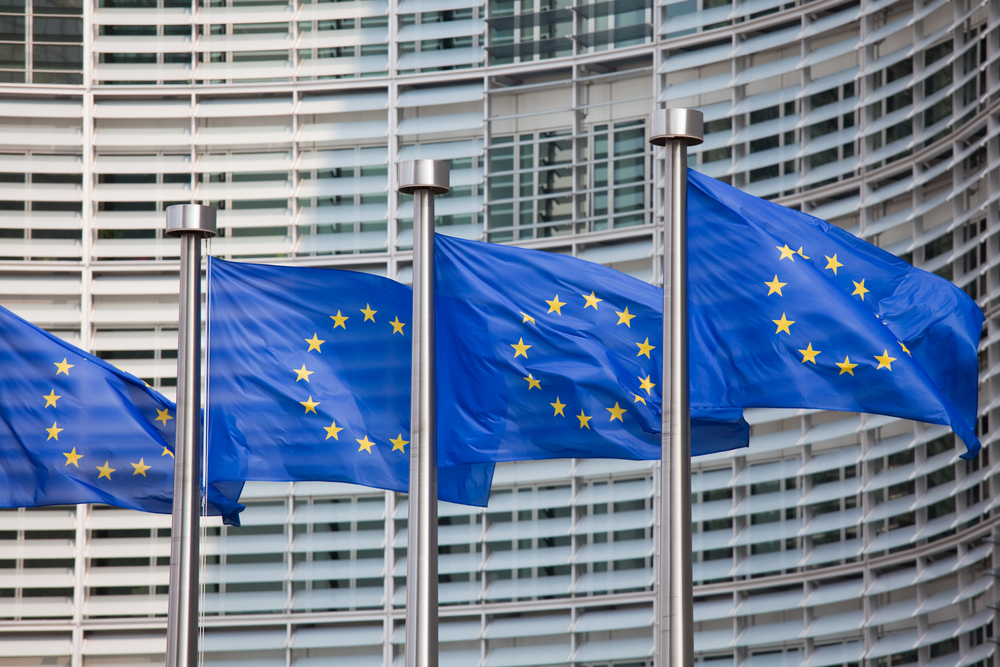Lakes, streams, rivers, springs…: surface waters in Europe are in a “critical” health condition, warns a report by the European Commission, which is seeking resources to tackle pollution.
“Only 39.5% of the mass of surface waters in the European Union were in good ecological condition and 26.8% in good chemical condition” in 2021, compared to 33.5% in 2015.
“This is mainly due to severe pollution from mercury and other toxic pollutants,” explains the European Commission.
Conversely, the groundwater table has seen slight improvement: 86% of the mass of groundwater was in good chemical condition in 2021, compared to 82.2% in 2015.
The European Commission’s report estimates that member states will fail to achieve European water quality targets by 2027.
Entrusted with the Environment, European Commissioner Jessica Roswall is expected to present a “water protection strategy” in the coming months.
She has also pledged to present a proposal to amend the law on chemicals in Europe (Reach) by the end of the year and to better address PFAS (perfluorinated alkylated substances), the eternal synthetic pollutants contaminating the water.
The European Union would like to ban PFAS in everyday consumer products “such as pizza boxes or waterproof clothing,” the Swedish European Commissioner explained to journalists. Certain products considered essential, mainly related to the medical field, would possibly be exempt from the ban.
The environment, the decontamination of PFAS “will cost a lot of money,” Jessica Roswall admits, and refers to the role innovative companies can play here.
The battle is expected to be tough in the spring within the European Union during the negotiation of the next multiannual financial framework for the period 2028-2034.
For the environment “we must be more innovative in terms of financing,” the commissioner declares and invokes the “nature credits” that ecologically “virtuous” farmers or forest landowners can earn and reinvest.
A variation of the controversial carbon credits, the idea of “nature credits” or “biodiversity credits” is met with great skepticism by NGOs, who fear a new “financialization” of the environment. (4/2/2025)
 go to the original language article
go to the original language article
